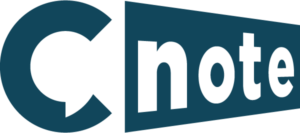Buyer’s Guide
Compliance Software
Navigating the complex world of mortgage lending requires precision, vigilance, and the right technological tools. As regulatory requirements tighten and operational demands increase, mortgage compliance software has become indispensable for lenders seeking efficiency and regulatory adherence. This guide is designed to help mortgage lenders understand the importance of mortgage compliance software, highlighting its features, benefits, and essential considerations for selection and implementation.
What is Mortgage Compliance Software?
Mortgage compliance software is a specialized type of software designed to help mortgage lenders comply with federal, state, and local regulations. This software streamlines various compliance processes by automating tasks such as auditing, monitoring, reporting, and document management. It ensures that lenders adhere to laws such as the Truth in Lending Act (TILA), Real Estate Settlement Procedures Act (RESPA), and standards set by organizations like the Consumer Financial Protection Bureau (CFPB).
Features of Mortgage Compliance Software
Key features of mortgage compliance software include:
- Automated Compliance Checks: Continuously reviews transactions and workflows to ensure compliance with relevant laws.
- Document Management: Organizes and stores necessary compliance documents securely.
- Audit Trails: Logs all compliance-related activities to help in the event of an audit.
- Reporting Tools: Generates reports that can be used for internal reviews or regulatory submissions.
- Real-Time Alerts: Notifies users about potential compliance issues or updates in regulations.
Benefits of Mortgage Compliance Software
Mortgage compliance software offers numerous benefits:
- Reduced Risk of Non-Compliance: Minimizes human errors and ensures adherence to laws, thus reducing the risk of fines and penalties.
- Efficiency: Automates routine compliance tasks, which speeds up the mortgage processing timeline.
- Transparency: Provides clear trails and accessible records for audits and examinations.
- Cost Savings: Eliminates the need for extensive manual labor and reduces the likelihood of costly legal challenges.
Does Mortgage Compliance Software Work for All Lines of the Mortgage Business?
Yes, mortgage compliance software is versatile and can be adapted to different segments of the mortgage industry, including origination, servicing, and secondary market transactions. However, the specific features and functionalities needed may vary depending on the particular business line and its unique challenges.
Other Considerations When Evaluating Mortgage Compliance Software
Advanced Features:
Look for software that offers advanced analytical tools, predictive capabilities, and AI-driven insights for better prediction and prevention of compliance issues.
User and Admin Needs:
Choose a platform that is user-friendly and meets the technical capabilities of your team. Both end-users and administrators should find the interface intuitive and the features accessible.
System Integrations:
Ensure that the software can seamlessly integrate with other tools used by your organization, such as loan origination systems (LOS), Customer Relationship Management (CRM) platforms, and others, to ensure smooth workflows.
Compliance Requirements:
Given that compliance needs vary by location and type of mortgage transaction, select software that is configurable and regularly updated to reflect the latest regulations.
Implementation, Training, and Adoption:
Consider vendors who offer comprehensive support during the implementation phase and provide thorough training to facilitate smooth adoption and maximization of the software’s capabilities.
How Much Does Mortgage Compliance Software Cost?
The pricing of mortgage compliance software can vary significantly based on features, scalability, and the provider. Generally, costs can range from a monthly subscription fee for cloud-based solutions to higher, upfront costs for more extensive on-premise installations. Pricing models often consider the number of users, the volume of transactions, and required integrations.
To Recap
Choosing the right mortgage compliance software is crucial for enhancing compliance efficiency and adhering to ever-evolving regulatory landscapes. By considering the factors outlined in this guide, mortgage lenders can select a tool that not only meets their operational needs but also enhances overall compliance posture, reduces risks, and contributes to a more streamlined workflow. Remember, the goal is not just compliance but also enhanced operational efficiency and customer service.



